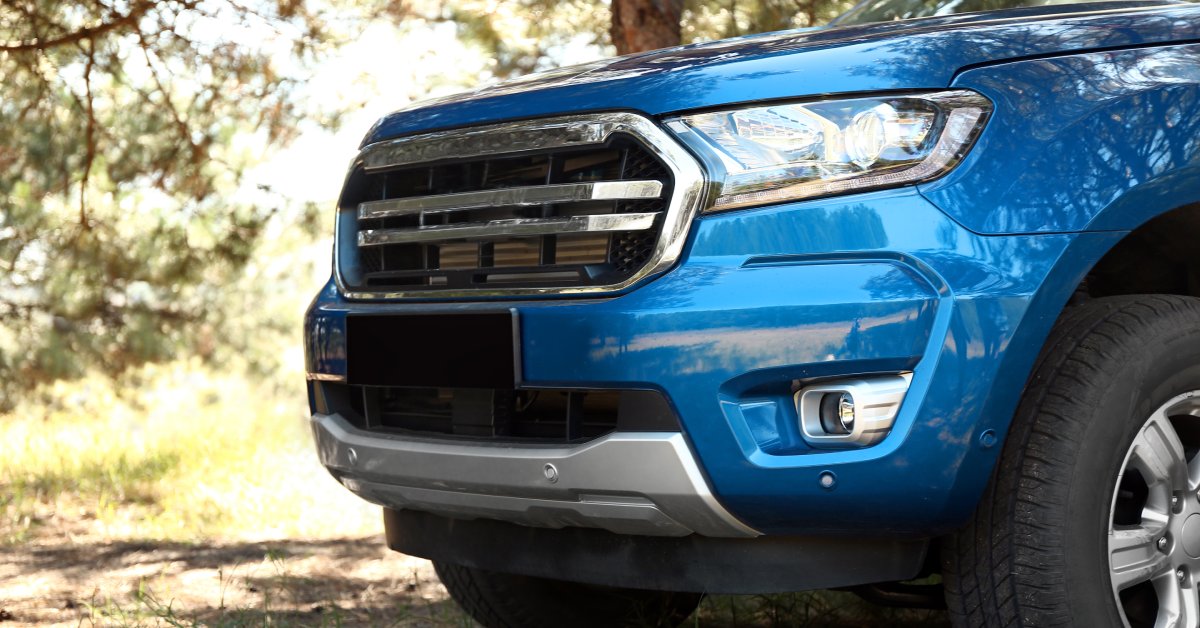

The 1912 Ford Model T Pickup’s chassis and truck bed were sold separately and bolted together by the dealer or customer. Yet, it’s among the most influential automobiles ever, as detailed in the new book, “Engines of Change.”
When one is asked to name the most influential vehicle in automotive history, the matronly minivan likely doesn’t come to mind first. Pulitzer Prize-winning author Paul Ingrassia begs to differ. In his new book, Engines of Change, he lauds the quintessential soccer mom-mobile as having revolutionized the auto industry.
The minivan “would help define the lifestyle of a generation, or at least the lifestyles of baby boomers who were into painting the nursery instead of painting the town,” Ingrassia writes. “All this would signal a shift in America’s love affair with the automobile from sleek cars to tall and burly trucks, a change that would resonate with America’s restless national psyche in the last two decades of the twentieth century.”
Introduced by Chrysler in late 1983, the minivan was an instant success that helped bring the automaker back from the brink of bankruptcy. But it wasn’t the only vehicle to drive such massive transformations.
Among the game-changers profiled in Engines of Change are:
- Henry Ford’s 1912 Model T pickup with the chassis and truck bed purchased separately and bolted together by the dealer or customer like a giant Lego toy;
- Harley Earl’s 1927 LaSalle with low, sleek likes that countered the boxy shapes of the day and made it America’s first “yuppie” car;
- The 1963 Corvette Stingray with its distinctive split rear window that sparked an insider conflict and lasted just a year;
- The finned 1959 Cadillac Series 62 that reflected America’s Space Age fascination;
- And the Volkswagen Microbus, which became a symbol of America’s 1960s hippie counterculture.
Do you agree with Ingrassia? Post your vote for the most influential vehicle in automotive history on the E3 Spark Plugs Facebook Fan Page.







